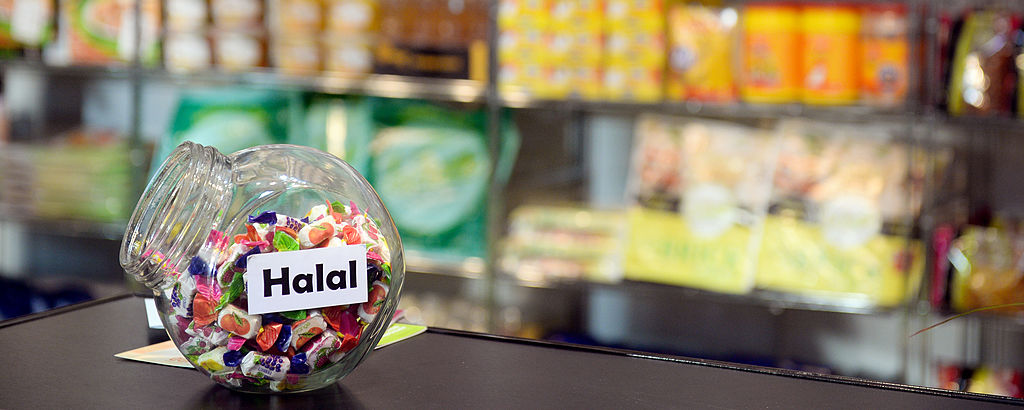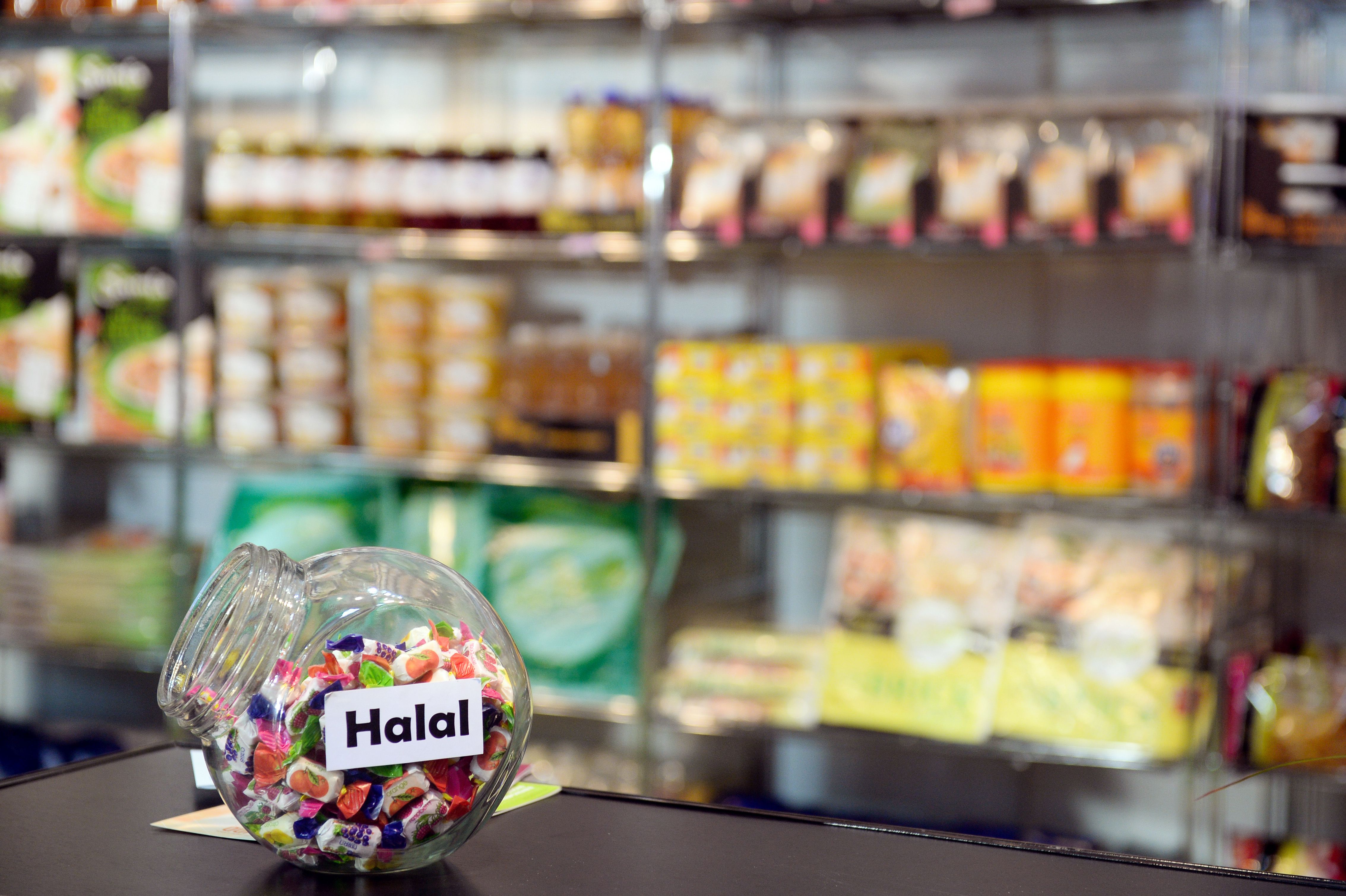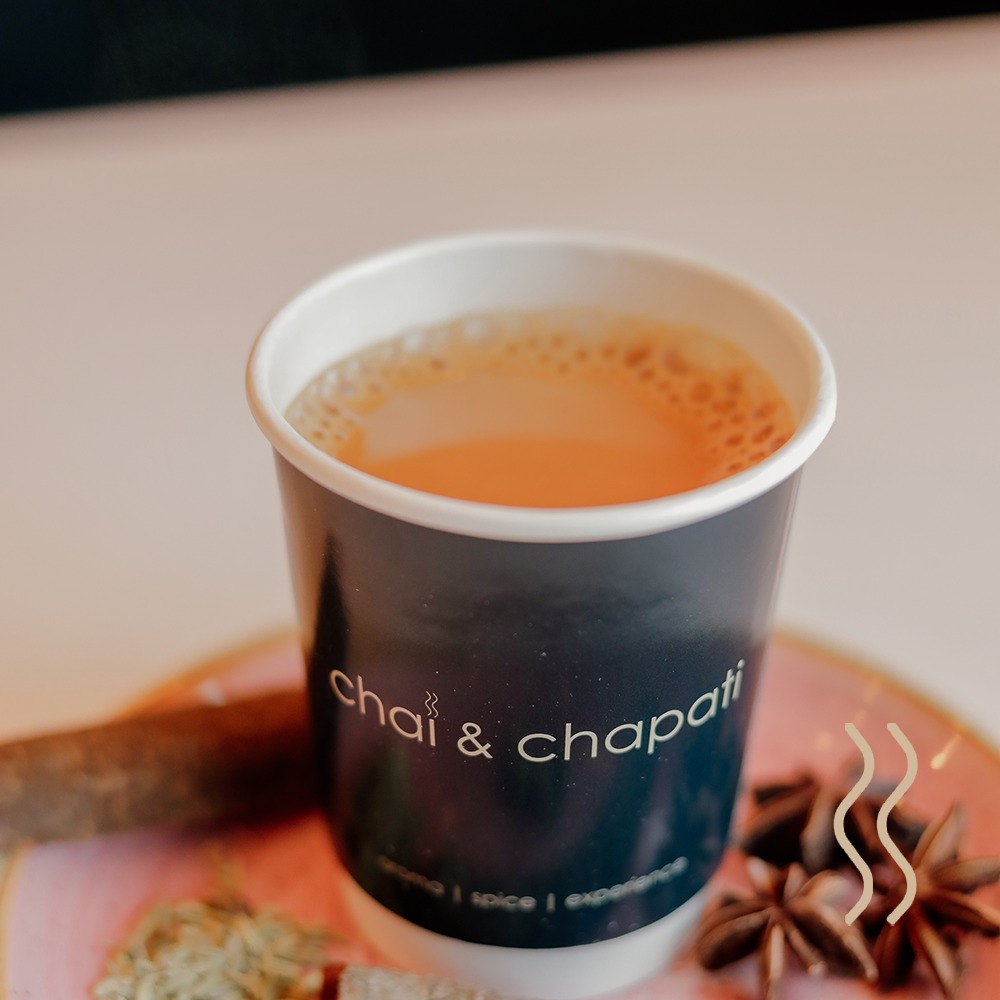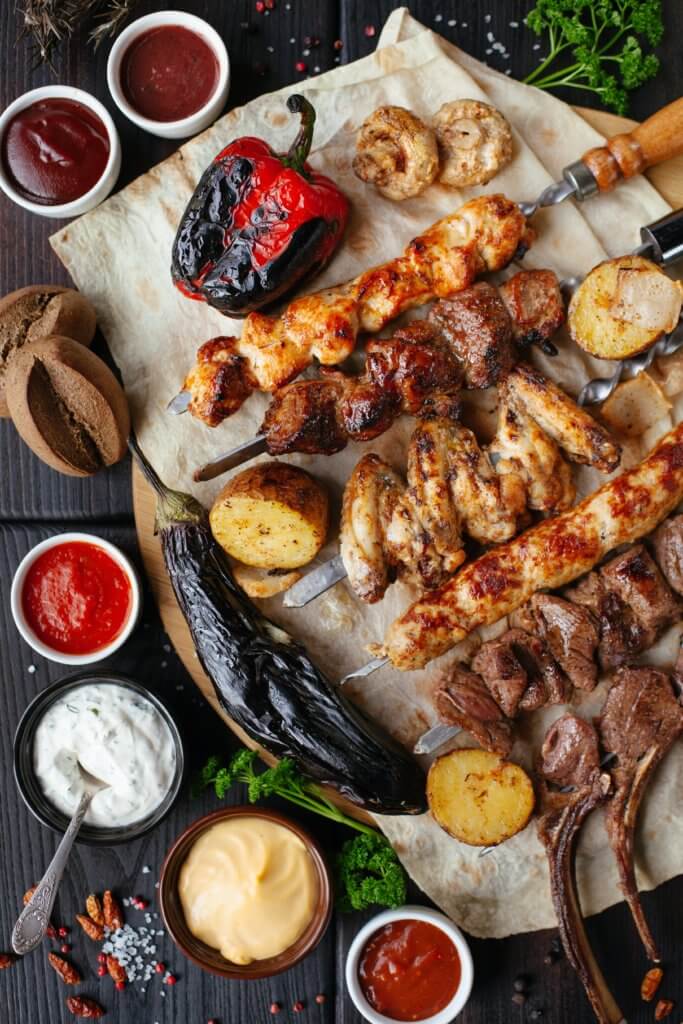-
Blog &
Read our articles

In Aug 11, 2023
Why Non-Muslims Choose Halal: A Look Beyond Religious Boundaries
In recent years, the term "halal" has transcended its religious context to become a widespread consumer choice among people of diverse backgrounds. Traditionally associated with Islamic dietary laws, halal has now found a place in the shopping carts of non-Muslims as well. The reasons behind this growing trend are as diverse as the consumers themselves, with motivations ranging from health and safety concerns to ethical considerations and a desire for high-quality products.
One of the primary reasons non-Muslims choose halal products is the perception of enhanced quality and safety standards. The halal certification process requires rigorous adherence to specific guidelines, often surpassing the regulatory requirements of non-halal products. This commitment to cleanliness and hygiene resonates with consumers seeking healthier options, particularly in a world where food safety and transparency are of paramount importance. By choosing halal, non-Muslims often feel reassured about the integrity of the products they consume.
Another compelling factor is the ethical consideration that halal encompasses. Halal practices emphasise humane treatment of animals, sustainable sourcing, and responsible environmental practices. Non-Muslim consumers increasingly value these aspects, aligning their purchasing choices with a desire to support ethical and sustainable industries. This shift reflects a broader societal awareness of the interconnectedness of our actions with the well-being of animals and the planet.
Furthermore, the inclusivity of halal appeals to non-Muslims who appreciate diversity and multiculturalism. By embracing halal products, individuals can engage with different cultures and traditions, fostering a sense of unity and respect. Sharing in the consumption of halal food and products promotes intercultural understanding, breaking down barriers and building bridges between communities.
The versatility of halal products is also a significant draw for non-Muslim consumers. Halal options often cater to various dietary restrictions, making them a suitable choice for individuals with specific needs, such as those following a gluten-free, dairy-free, or vegetarian diet. This adaptability makes halal products a convenient choice for those seeking delicious alternatives that meet their unique nutritional requirements.
In the end, the choice to buy halal products as a non-Muslim is a personal decision influenced by a variety of factors. Whether motivated by health concerns, ethical considerations, cultural curiosity, or dietary preferences, non-Muslims are finding value in the halal market. This trend not only reflects the increasing demand for transparency and quality in consumer goods but also highlights the universal appeal of embracing diverse practices and traditions that enrich our global society. As halal continues to transcend religious boundaries, it serves as a reminder that our choices can bridge gaps, promote understanding, and contribute to a more inclusive world.

Latest

In Solidarity with the Children of Palestine: A Call for Compassion and Peace

Embracing Diversity: The Surge in Brands Offering Halal Products

Navigating the Evolving Landscape of Halal: A Shifting Definition for Muslim Grocery Shoppers

A Must-Visit Halal Haven for Foodies and Instagram Enthusiasts
